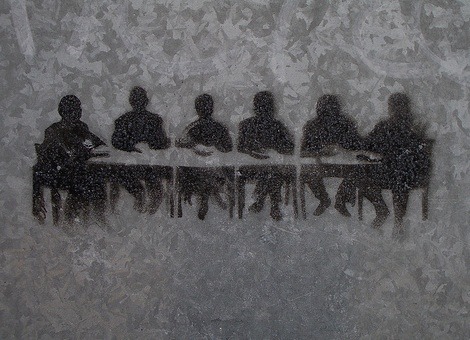We’ve written before about the secret to happiness and motivation at work. Harvard Business School professor Teresa Amabile and psychologist Steven Kramer wrote a whole book about it called The Progress Principle. They found that the number one driver of a positive inner work life, the key to motivated, engaged, and productive employees, is making progress on meaningful work, even if that progress is a small win.
In a recent 99U conference talk, Professor Amabile shared the best way to achieve those small wins and leverage the progress principle in our daily lives: keeping a work diary. We’re so pleased that she suggested using iDoneThis as an online work diary tool, and we thought we could break down how iDoneThis contributes to the four benefits of keeping a work diary that she identifies:






